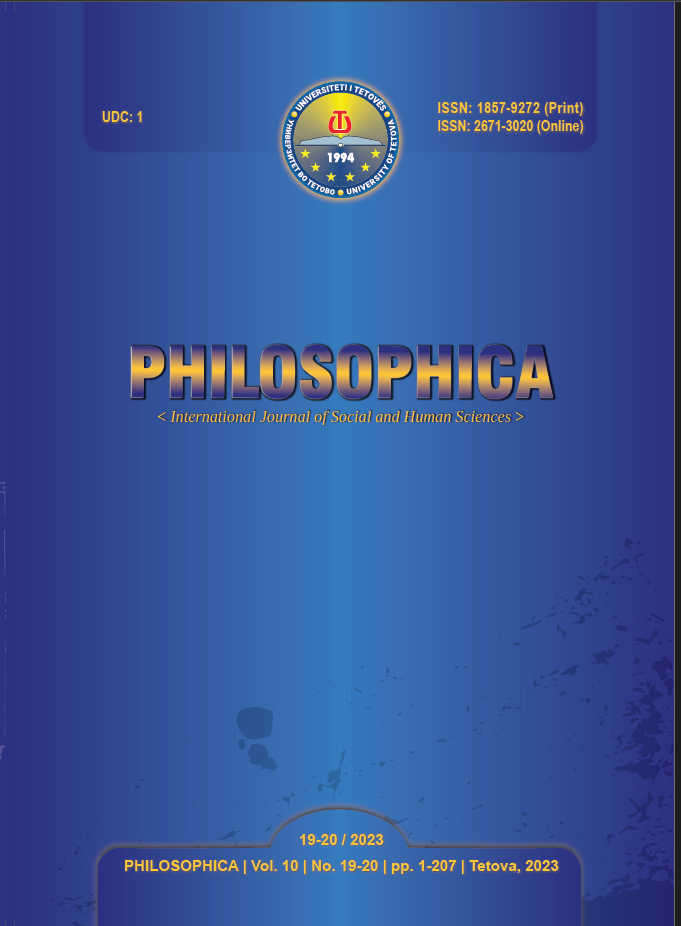CONSCIOUSNESS AND ETHICAL JUDGMENT IN THE PHILOSOPHY OF GHAZALI AND KANT
CONSCIOUSNESS AND ETHICAL JUDGMENT IN THE PHILOSOPHY OF GHAZALI AND KANT
Author(s): Metin IZETISubject(s): Ethics / Practical Philosophy, German Idealism
Published by: University of Tetova
Keywords: Conscience; ethics; judgment; education of conscience
Summary/Abstract: The purpose of this paper is to contribute to a better understanding of conscience and its role in ethical judgment and action. Conscience is the last resort to judge human actions. It is generally known and accepted that man is bound only by his conscience. It is precisely for this reason that it is necessary to consider what can really be considered a judgment of conscience. This is especially important today, when it is often emphasized that consciousness is a subjective norm and that it itself must be normed. Since conscience is not always accurate, special care is given to the education of conscience. The question of conscience in the context of ethical judgment and action is a topic that has been a philosophical concept since ancient times, but we, in this paper, will focus on the thoughts of Imam Ghazali, one of the Muslim philosophers and theologians who have had an evident influence on Western philosophy. as well as Kant's, as one of the philosophers who has mostly focused on the ethical issues of philosophy.
Journal: PHILOSOPHICA International Journal of Social and Human Sciences
- Issue Year: 10/2023
- Issue No: 19-20
- Page Range: 114 - 120
- Page Count: 7
- Language: English

